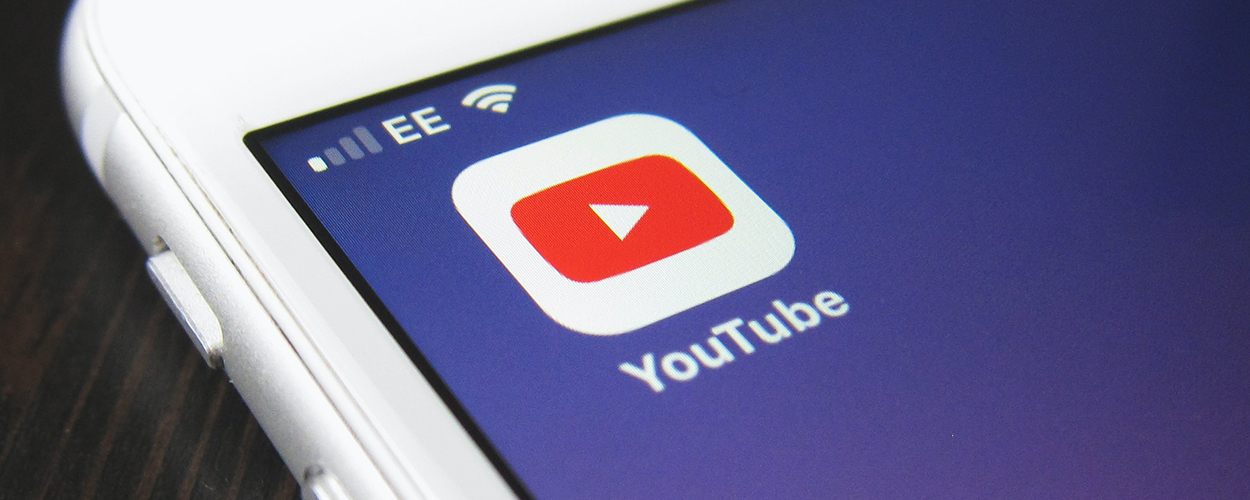This website uses cookies so that we can provide you with the best user experience possible. Cookie information is stored in your browser and performs functions such as recognising you when you return to our website and helping our team to understand which sections of the website you find most interesting and useful.
Business News CMU Digest
CMU Digest 18.09.22: YouTube, Bang, Gaana, Universal Music, Lizzo
By Chris Cooke | Published on Sunday 18 September 2022

The key stories from the last week in the music business…
YouTube said that it paid out more than $6 billion to the music industry in the twelve months up to June this year. That’s an increase of $2 billion year-on-year, and about 30% of the money came from music used in user-generated content. In a blog post that accompanied the new stats, YouTube’s Global Head Of Music Lyor Cohen said that the Google-owned video platform was now aiming to be the “number one contributor of revenue to the [record] industry by 2025”, ie bringing in more money for labels and distributors across its different services than Spotify. Cohen also said that YouTube’s newish TikTok-style Shorts set-up was now generating over 30 billion views per day, and that the company would soon be announcing “long-term monetisation solutions” for its short-form content service. [READ MORE]
A judge ruled that energy drink Bang had infringed the copyrights of Sony Music by using the major’s recordings in its social media posts without licence. The licences secured from the music industry by platforms like Instagram and TikTok only cover user-generated content, not brand-made videos. Universal Music also successfully sued Bang over its social posts, it winning a summary judgement in its favour in July. The two music firms also want to hold Bang liable for the unlicensed music in videos posted by influencers that it works with. Universal failed to get a summary judgement in its favour on that point. However, while the judge said that Sony Music’s attempts to hold Bang liable for so called contributory infringement regarding the influencer content would have to go to a jury, it had sufficiently demonstrated why the drinks firm should be deemed liable for vicarious infringement in relation to those videos. [READ MORE]
Indian streaming service Gaana went premium only after takeover talks with a big tel co fell through. One of the major players in the streaming market in India, Gaana – launched by Indian media conglomerate Times Group and also backed by Chinese web giant Tencent – had been in talks with Bharti Airtel about the tel co acquiring the service. With that deal seemingly not going ahead, Gaana switched off its free tier, and its Head Of Content And Partnerships, Sachin Kamble, urged the music industry to support the move “else we will have to shut down completely”. A spokesperson for the digital firm played down that statement and insisted the shift to premium-only was intended to ensure long-term success. However, in a market where the vast majority of streamers are using free tiers, Gaana cutting off its ad-funded free option is certainly a bold move. [READ MORE]
Universal Music announced another revamp of its distribution and label services operations. The revamp followed the acquisition of another services company, mtheory Artist Partnerships. That business will become part of the all-new Virgin Music Group, which will also include the various Virgin Music Label & Artist Services units that the major already runs around the world, plus music distributor Ingrooves, which Universal has owned outright since 2019 but which has operated quite autonomously from the rest of the major to date. The new global Virgin Music Group will be headed up by mtheory co-founders JT Myers and Nat Pastor. mtheory’s other operations – a producer royalties platform and a unit that provides services to artist management companies – will remain independent from Universal. [READ MORE]
It emerged that a judge recently ruled that Lizzo can keep a $5 million fee she received for a 2020 festival that was canceled because of COVID-19. That festival was the first ever Virgin Fest in LA. Organisers said that other artists and booking agencies had returned any advanced fees they’d received after the event was forced to cancel because of the pandemic, accepting that so called force majeure clauses in their booking contracts required the money to be paid back. However, booking agency WME said its clients, including Lizzo – who was paid the massive $5 million fee to headline – were not obliged to return the cash. It turns out that’s because WME were cynical about whether the Virgin Fest would go ahead even before the pandemic hit, given the Californian festivals market is dominated by Live Nation and AEG, and the Virgin Group’s active involvement in the new event was quite limited. To that end WME’s lawyers had amended the booking agreements. And a judge recently ruled that those amendments meant WME artists, including Lizzo, were not obliged to pay back their advances. [READ MORE]





